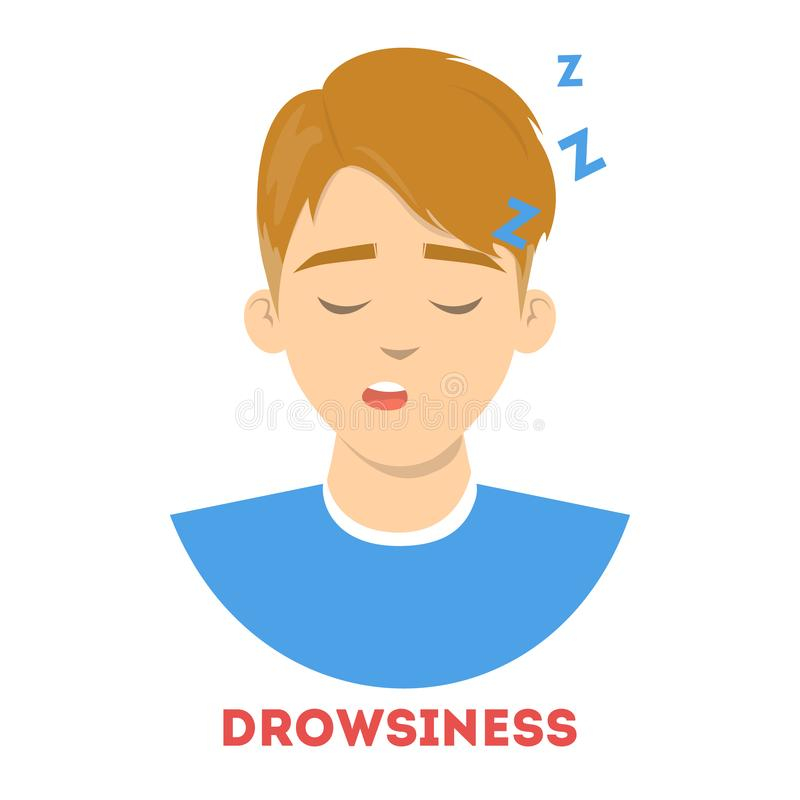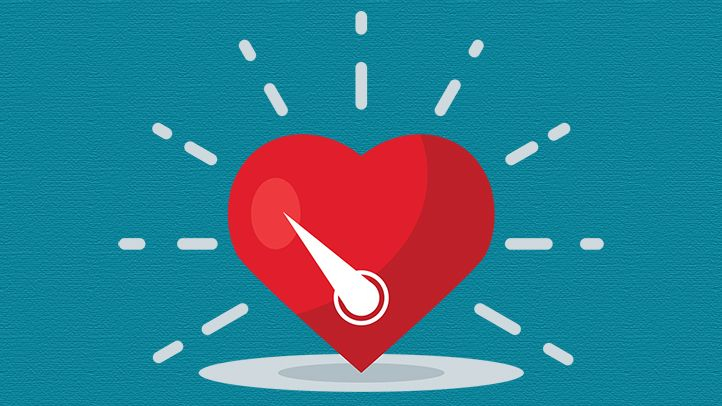Downsides

Top 3 in Top 7 Things to Know About Benadryl
If you are between the ages of 18 and 60, do not take any other medications, and have no other medical conditions, you are more likely to experience the following side effects:
- Drowsiness and sedation can impair judgment and make it difficult to drive or operate machinery. Alcohol should be avoided because it can exacerbate this side effect.
- Dizziness, low blood pressure, headache, rapid heartbeat, disturbed coordination, abdominal discomfort, and mucus thickening in the airways are all possible symptoms. The elderly may be more susceptible to side effects such as dizziness, sedation, and low blood pressure.
- If taken on a regular basis, it has an atropine-like effect and may cause dry mouth, which may increase the risk of dental caries and worsen the symptoms of gastroesophageal reflux disease (GERD).
- Breastfeeding mothers and young children should avoid using this product. Sedation, dizziness and low blood pressure symptoms may be more severe in the elderly (all of which may increase their risk of falls).
- Benadryl overdosage has been linked to hallucinations, convulsions, and death.
- Other drugs that may interact with it include benzodiazepines, antidepressants, antipsychotics, and alcohol.
- Some people may be ineligible, such as those with respiratory diseases like asthma, narrow-angle glaucoma, peptic ulcer disease, intestinal obstruction, high blood pressure or heart disease, high thyroid levels, an enlarged prostate, or a narrowing of the bladder neck. It should not be used by people who are allergic to diphenhydramine.








